The most "powerful" muscle in the cheek, everyone should practice
As we age, many people find their faces become larger and more square.
This phenomenon is a plus when it happens to cats, but if it happens to people…
In fact, it has something to do with a muscle in the cheek.
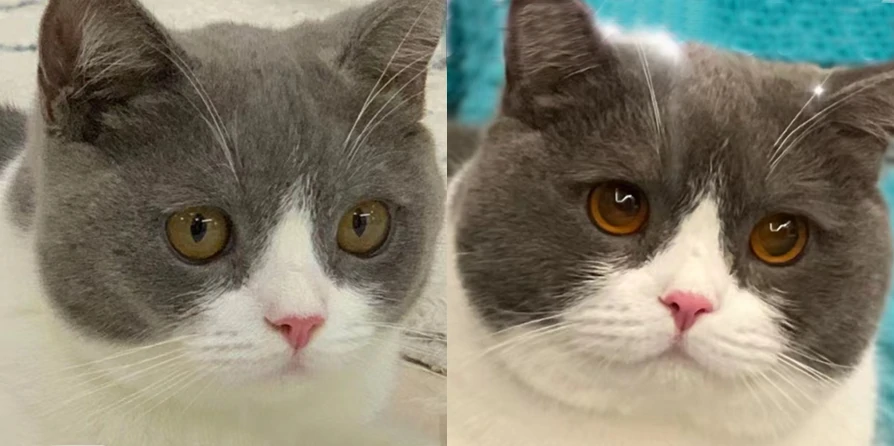
Masseter muscle, the most powerful masticatory muscle in the human body
When we say that people “Chubby Cheeks”, we often mean that the sides of the chin have become fatter, or the chin itself has changed. One of the common types is the masseter-type Chubby Cheeks.

The masseter muscle is the most powerful masticatory muscle in the human body and is the main performer of the bite action. Under the innervation of the trigeminal nerve, when the masseter muscle contracts, the mandible is pulled upward, and the upper and lower teeth are clenched to crush hard food.
The muscle fibers of the masseter muscle are relatively thick and have a certain facial support function. The appearance of the middle and lower part of the face will be affected by it.
Many people feel that their faces have become larger, squared, and “Chubby Cheeks”, and it may be that their masseter muscles have become “stronger”.
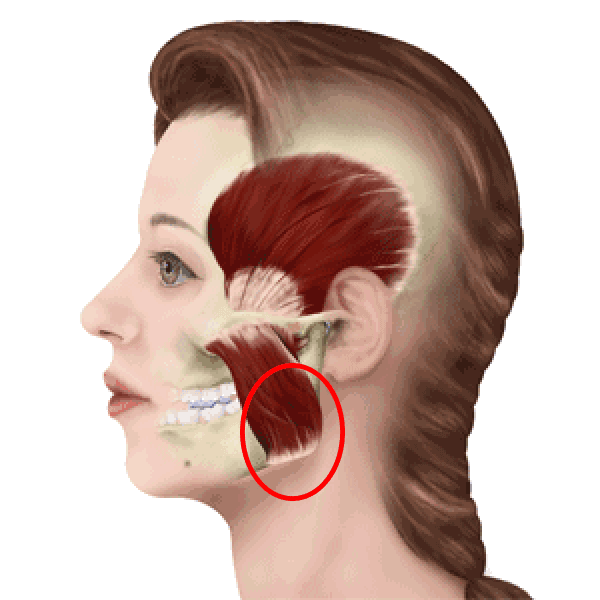
The largest of the muscle groups attached to the jawbone is the masseter muscle, also known as the masseter muscle.
The mandible is the bone that supports the jaw. It connects with the temporal bones on both sides to form the temporomandibular joint, where our teeth grow.
If you want to judge whether your masseter muscles have become “strong”, you can test yourself according to the following methods:
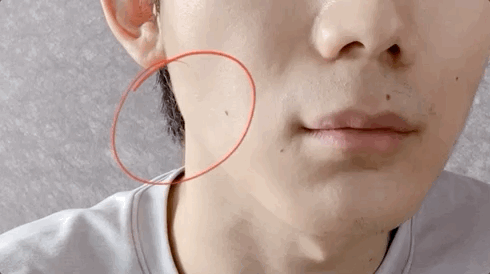
If you’re not gaining weight and you can feel a raised, tight muscle when you bite your back teeth, you’re more likely to have a masseter hypertrophy.
Masseter muscles are strong, people can live longer
The masseter muscle is one of the most critical muscles in the human body, and regular exercise can help delay aging and prolong life.
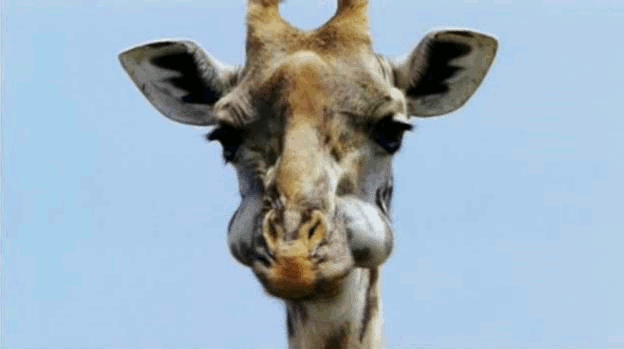
Recently, in a study published in the “Annals of Anatomy”, researchers at the University of Basel in Switzerland found that there is a third layer of muscle tissue in the masseter muscle, known as the “masseter coronoid muscle”.
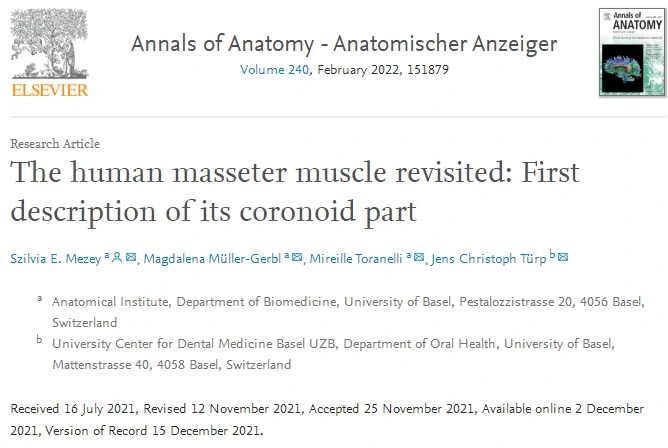
This new layer of muscle may help stabilize the jaw by elevating and contracting the coronoid process, the only part of the masseter muscle that pulls the jaw back and is essential for chewing.
The masseter muscle is key to longevity, stronger masseter muscle, younger brain. Some people can bite hard fruits when they are young, but as they get older, they can’t even eat some glutenous things, which also affects their nutritional intake and mood.
In 2017, a study in the American Journal of Geriatrics pointed out that the strength of chewing can also predict the risk of Alzheimer’s disease. The stronger the brain, the younger the brain, and the lower the risk.
Bad habits can “injure” the masseter muscles
The so-called “use it and lose it”, many wrong usages will lead to “injury” of the masseter muscle.
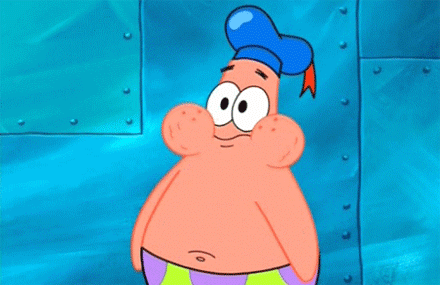
Bad chewing habits
People who usually like to bite hard objects, chew for a long time, and have a lot of times will have a stronger masseter muscle, which will lead to a wider jaw. In severe cases, it can cause dysfunction of the jaw joint.
Unilateral chewing will make the burden on one side heavier, while the masseter muscle on the other side cannot be functionally stimulated, and unilateral masseter muscle hypertrophy may occur, and the corresponding joints will be heavily stressed and damaged.
Nerve problems
Trigeminal nerve problems, trauma, mental stress, cold stimulation, night grinding, etc. may damage the masseter muscle, resulting in masseter muscle disorders, such as fascia pain, muscle spasm, etc.
Aging
People’s masseter muscle thickness increases by around 2mm during puberty and stops growing naturally after age 20 (women) and 22 (men).
With age, collagen is lost, muscle elastic fibers are aged and broken, the strength and support of masseter muscles will be relatively weakened, and facial relaxation or sagging may occur, and chewing ability will decrease.
Masseter weakness
When the masseter muscle is weak, it can be manifested as being tired from chewing, not chewing, and unable to eat hard food, etc., and the risk of malnutrition, aspiration, difficulty swallowing, and slurred speech is greatly increased.
3 ways to train chewing power
The strength of the masseter muscle is often referred to as masticatory power, and masticatory power weakens with age. Experts recommend the following three ways to exercise the masseter muscle.
Bulging cheeks
To train chewing force, you can use the method of “Bulging cheeks”, that is, let the cheeks move back and forth like a mouthwash, and do it 30 times quickly, which can stimulate the muscles of the cheeks and increase the chewing force.
Pull battle
Use your big molars to bite one end of tough food such as gummy candy and shredded squid, and gently pull the other end with your hand to feel the force of the masseter muscle.
Practice knocking teeth
When tapping the teeth, tap lightly first, the upper and lower teeth collide gently, and the speed is slightly faster; then bite and tap, the upper and lower teeth are like biting something, but the speed is slightly slower, and do it three or four times a day.
What should I do if I don’t want the masseter muscle to become “strong”?
For the sake of beauty, some people hope to reduce the masseter muscle to achieve the purpose of a thin face. Some opt for medical treatment, such as surgery to remove part of the muscle fibers or a “face-lift” (local injection of botulinum toxin).
Reminder: If you choose to inject face-lifting needles in irregular institutions, it is likely to cause the facial expression to be stiff after surgery, so that the masseter muscle loses part of its normal function and affects chewing function.
It can be achieved through some daily habits: reducing chewing, not eating too much hard food (nuts), etc. After a long time, the masseter muscle will naturally atrophy.